17 Things You Should Always Do Before Boarding Your Flight
Flying doesn’t start at takeoff—it starts with what you do before you even step foot on the plane. The difference between a frantic, stress-filled travel day and a smooth, stress-free journey often comes down to the habits you build before boarding. Whether it’s a forgotten charger, a missed document, or an empty stomach mid-flight, even small oversights can snowball fast at 30,000 feet. That’s why seasoned travelers swear by a solid pre-flight checklist. From tech essentials and health precautions to smart packing and mental prep, these small but mighty steps set the tone for the entire trip. We’ve expanded our list to include 17 Things You Should Always Do Before Boarding Your Flight—practical, time-saving, sanity-preserving moves designed to help you fly smarter. Because a good flight doesn’t begin in the air—it begins with the choices you make on the ground. Let’s make sure you’re ready for takeoff, the right way.
1. Mastering the Art of Packing

Packing is often viewed as a mundane task, yet it holds the power to set the tone for your entire trip. The key is to pack smartly and efficiently, ensuring that you have everything you need without overburdening yourself. Begin by creating a packing list tailored to your destination and the duration of your trip. Consider the climate, activities planned, and any specific cultural norms that may influence your clothing choices. Opt for versatile clothing items that can be mixed and matched to create multiple outfits, maximizing both space and style. In addition to clothing, pay attention to the essentials such as toiletries, medications, and electronic devices. Utilize packing cubes or compression bags to organize your belongings and save space. Remember to adhere to airline regulations regarding carry-on items and liquids, ensuring that your bag passes through security checks smoothly. By mastering the art of packing, you not only alleviate stress but also set the stage for a more enjoyable travel experience.
2. Navigating the World of Travel Documents
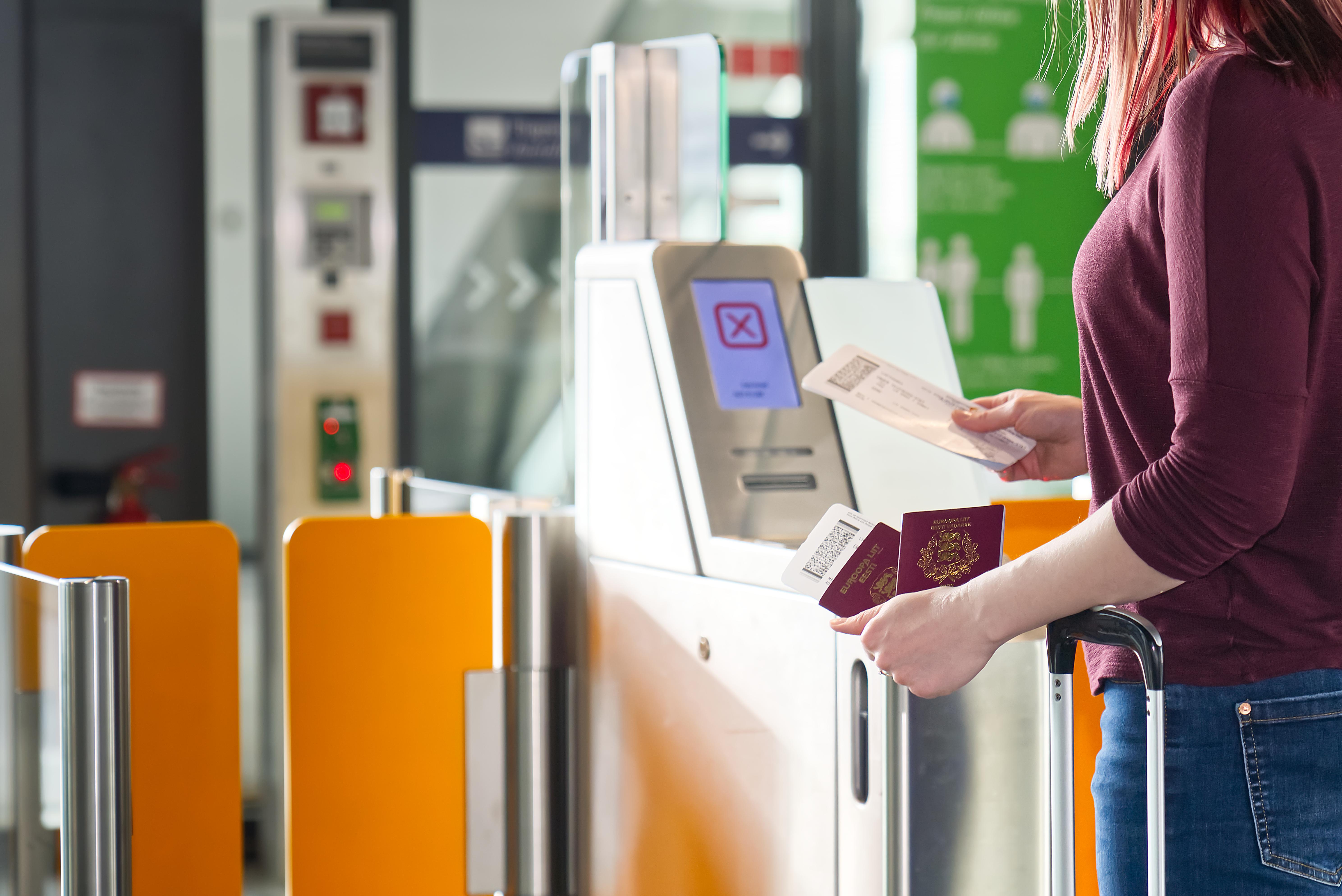
Travel documents are the backbone of any successful journey. Ensuring that you have all necessary documents in order is crucial to avoid last-minute panic and potential delays. Start by checking the validity of your passport, as some countries require it to be valid for at least six months beyond your travel dates. If a visa is required for your destination, apply well in advance to allow for processing time. Keep digital and physical copies of important documents, such as your passport, visa, and travel insurance, in case of emergencies. Additionally, familiarize yourself with any entry requirements or restrictions related to COVID-19, as these can vary significantly between countries. Some destinations may require proof of vaccination or a negative test result, so ensure you have the necessary documentation ready. By organizing your travel documents ahead of time, you can breeze through airport formalities and focus on enjoying your journey.
3. Understanding Airline Policies and Procedures

Each airline operates under its own set of policies and procedures, which can significantly impact your travel experience. Before your flight, take the time to familiarize yourself with your airline's baggage policies, check-in procedures, and any specific regulations they may have. This knowledge will help you avoid unexpected fees and ensure a smoother check-in process. Many airlines now offer online check-in, allowing you to select your seat and print your boarding pass in advance, saving valuable time at the airport. Understanding your airline's policies on flight changes and cancellations is also important, especially in today's unpredictable travel landscape. Knowing your rights as a passenger can empower you to make informed decisions in the event of a disruption. Additionally, consider enrolling in your airline's loyalty program to enjoy benefits such as priority boarding and access to airport lounges. By being well-versed in airline policies, you can navigate your journey with confidence and ease.
4. Crafting a Personalized Travel Itinerary

Creating a personalized travel itinerary can greatly enhance your trip by ensuring that you make the most of your time at your destination. Begin by researching the top attractions, activities, and dining options in the area, taking into account your interests and preferences. Consider the logistics of getting from one place to another, and allow for some flexibility to accommodate spontaneous adventures. A well-crafted itinerary can help you strike a balance between sightseeing and relaxation, ensuring a fulfilling travel experience. In addition to planning activities, consider the practical aspects of your trip, such as transportation and accommodation. Research public transportation options, or consider renting a car if it suits your itinerary. Booking accommodation in advance can provide peace of mind and often results in better rates. By crafting a comprehensive travel itinerary, you can maximize your time and create lasting memories on your journey.
5. Prioritizing Health and Wellness

Traveling can take a toll on your health, making it essential to prioritize wellness before and during your flight. Start by ensuring you are well-rested and hydrated in the days leading up to your trip. Consider packing a travel wellness kit containing items such as hand sanitizer, face masks, and any necessary medications. Staying healthy while traveling is especially important in the current global climate, where the risk of illness can be heightened. Incorporate healthy habits into your travel routine, such as stretching and walking during long flights to promote circulation and reduce the risk of deep vein thrombosis. Eating nutritious meals and staying hydrated can also help combat the effects of jet lag and travel fatigue. By prioritizing your health and wellness, you can enjoy your journey with energy and vitality.
6. Embracing Technology for a Seamless Journey
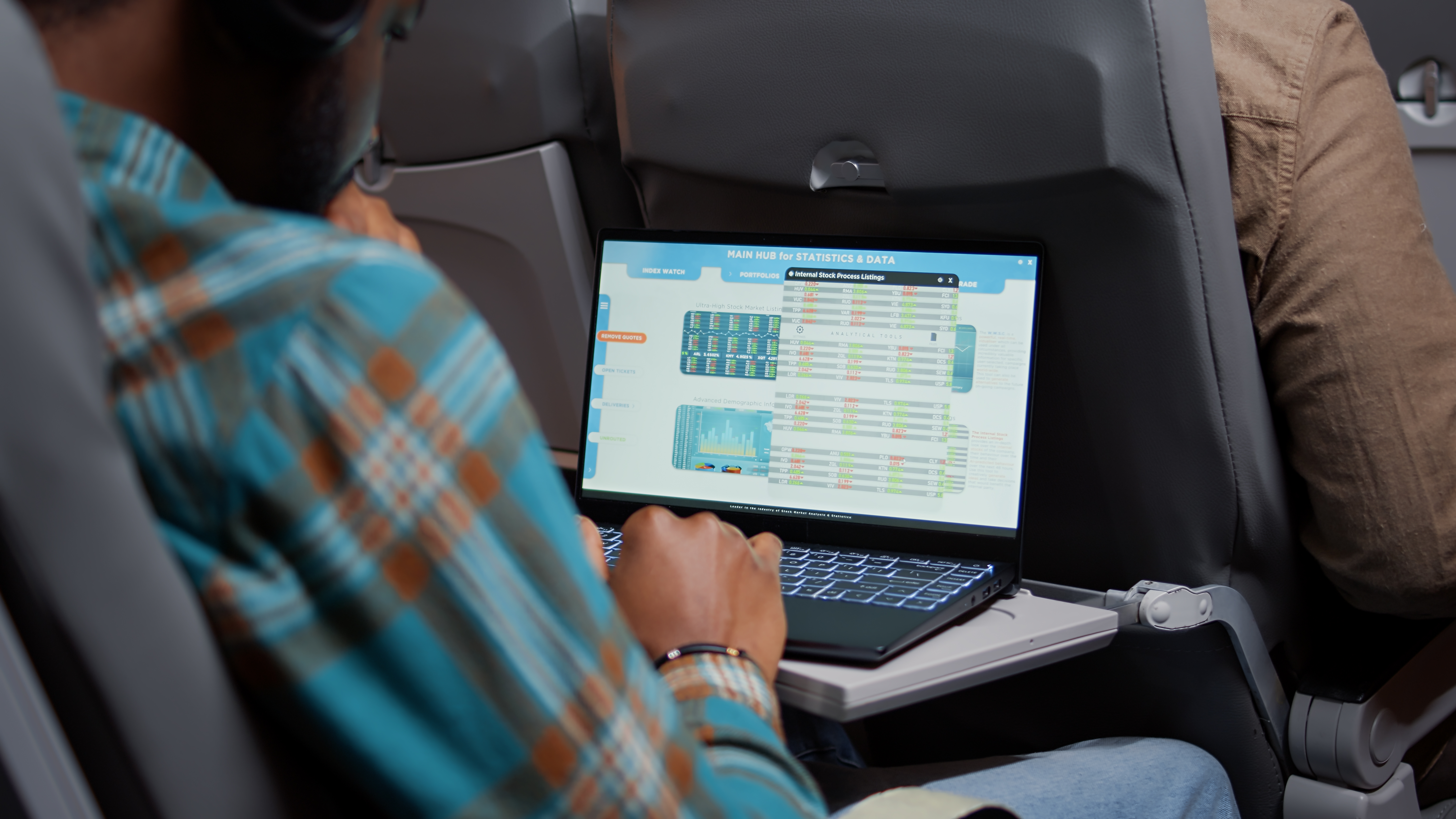
Technology has revolutionized the way we travel, offering tools and resources to enhance every aspect of the journey. Before your flight, explore travel apps that can assist with everything from booking accommodation to navigating unfamiliar cities. Many airlines offer mobile apps that allow you to manage your bookings, receive real-time flight updates, and access in-flight entertainment. Embracing technology can streamline your travel experience and provide valuable information at your fingertips. Consider downloading offline maps and language translation apps to aid in communication and navigation at your destination. Additionally, investing in portable chargers and travel adapters can ensure that your devices remain powered throughout your trip. By leveraging technology, you can enjoy a more connected and convenient travel experience.
7. Packing Smart: The Essential Carry-On
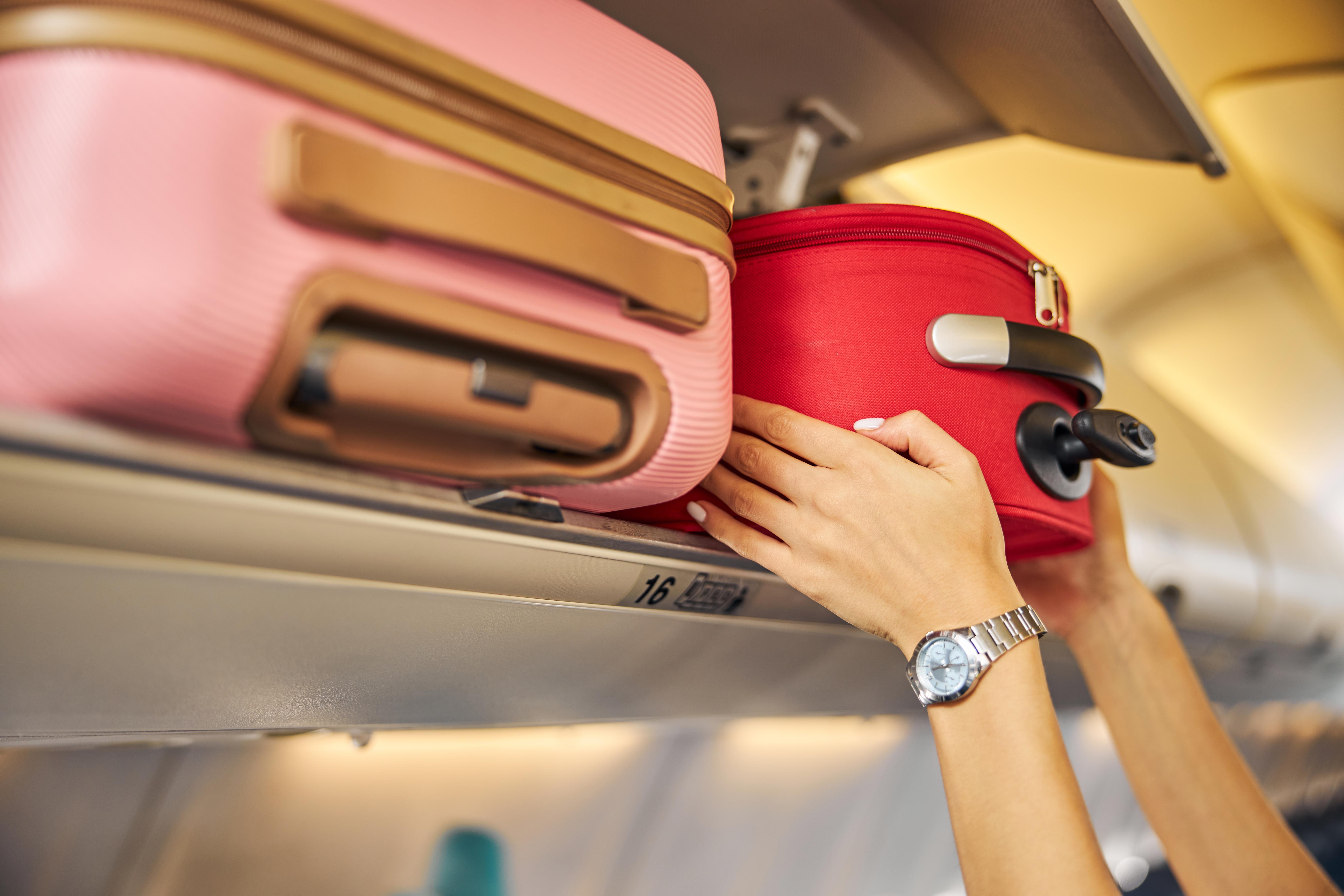
Your carry-on bag is your lifeline during your flight, containing everything you need to stay comfortable and entertained. Packing an efficient carry-on requires careful consideration of what items are essential for your journey. Start with travel documents, such as your passport and boarding pass, keeping them in an easily accessible pocket. Include a change of clothes, toiletries, and any necessary medications in case of delays or lost luggage. For long flights, consider packing a travel pillow, eye mask, and noise-canceling headphones to enhance your comfort. Snacks, a refillable water bottle, and entertainment options such as books or a tablet can also make your journey more enjoyable. By packing a well-thought-out carry-on, you can ensure that you have everything you need at your fingertips, making your flight experience more pleasant.
8. Navigating Airport Security with Ease
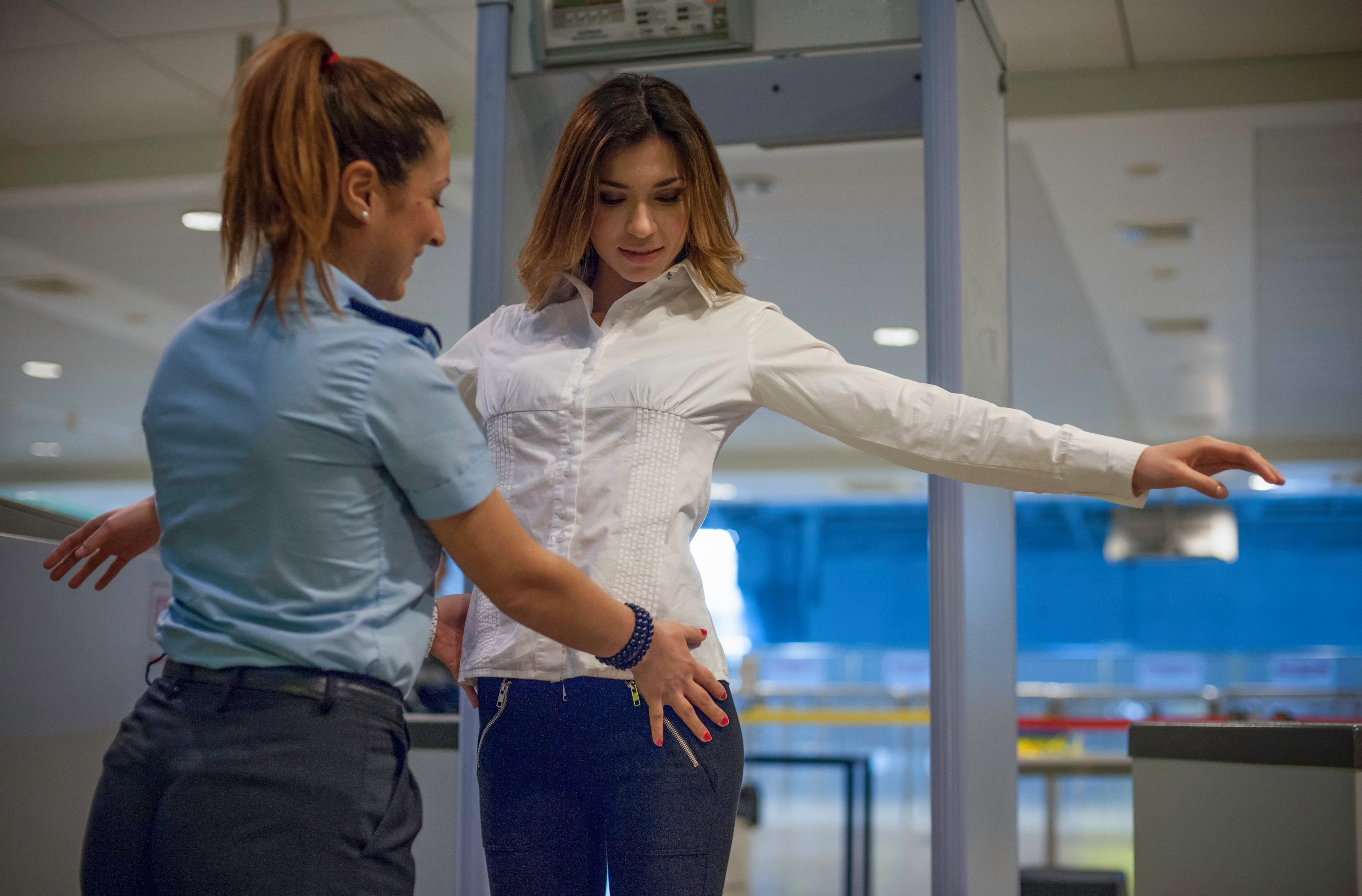
Airport security can be a daunting aspect of travel, but with a little preparation, it can be a breeze. Familiarize yourself with the security regulations of your departure airport, including restrictions on liquids and electronic devices. Pack your carry-on accordingly, ensuring that liquids are in containers of 100ml or less and placed in a clear, resealable bag. Be prepared to remove laptops and large electronics from your bag during screening. Dress for success by wearing slip-on shoes and minimal jewelry to expedite the security process. Arrive at the airport with plenty of time to spare, allowing for unexpected delays and long lines. By approaching airport security with knowledge and preparation, you can minimize stress and start your journey on a positive note.
9. Ensuring Comfort and Entertainment on Board
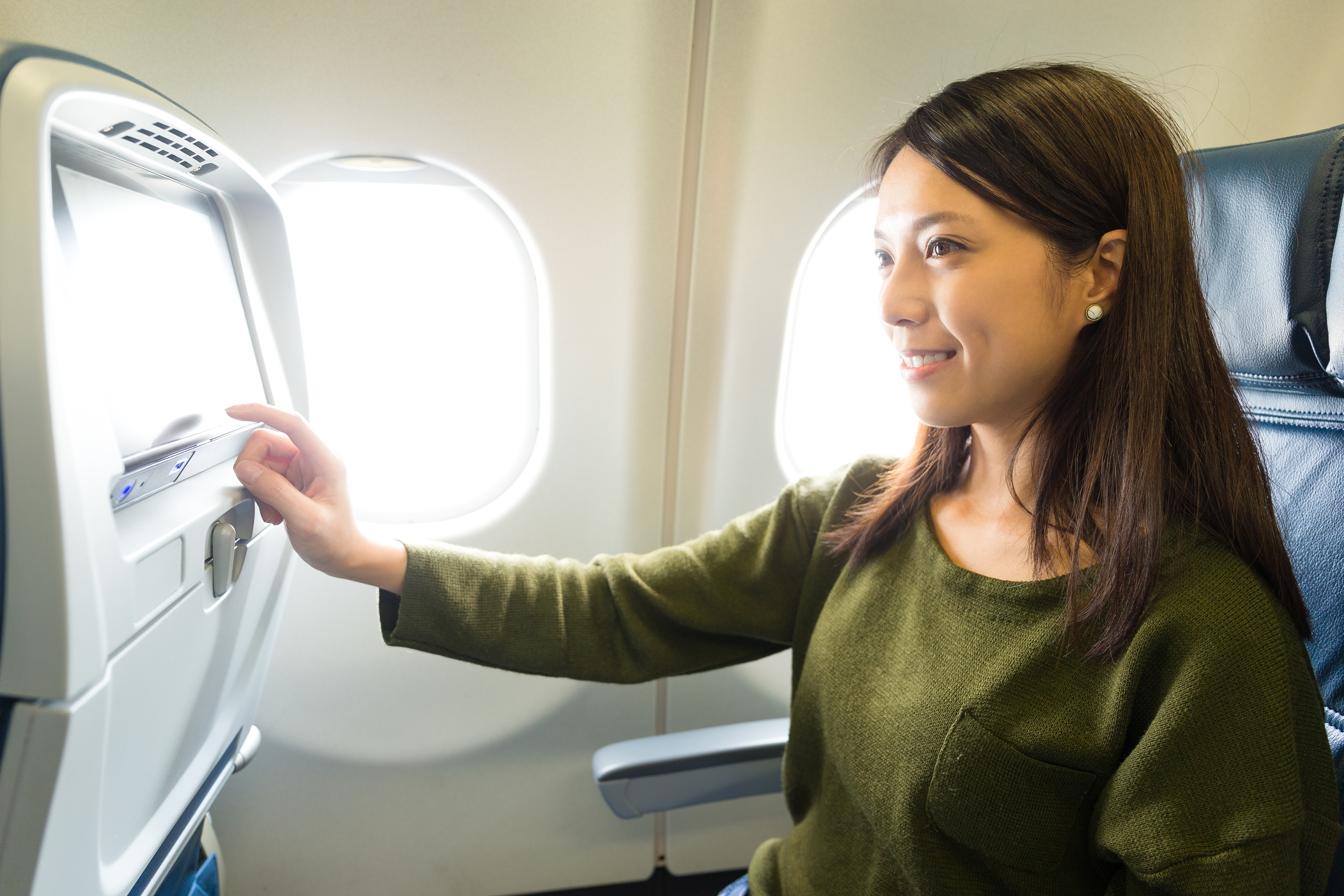
The in-flight experience can greatly impact your overall travel satisfaction, making it important to prioritize comfort and entertainment. Dress in layers to accommodate fluctuating cabin temperatures, and consider bringing a travel blanket or shawl for added warmth. Choosing the right seat can also enhance your comfort, so consider factors such as legroom, proximity to restrooms, and window views when selecting your seat. In-flight entertainment options vary by airline, so plan ahead by downloading movies, music, or podcasts to your device. Many airlines offer Wi-Fi for a fee, allowing you to stay connected during your flight. By taking steps to ensure your comfort and entertainment, you can make the most of your time in the air.
10. Managing Time Zones and Jet Lag
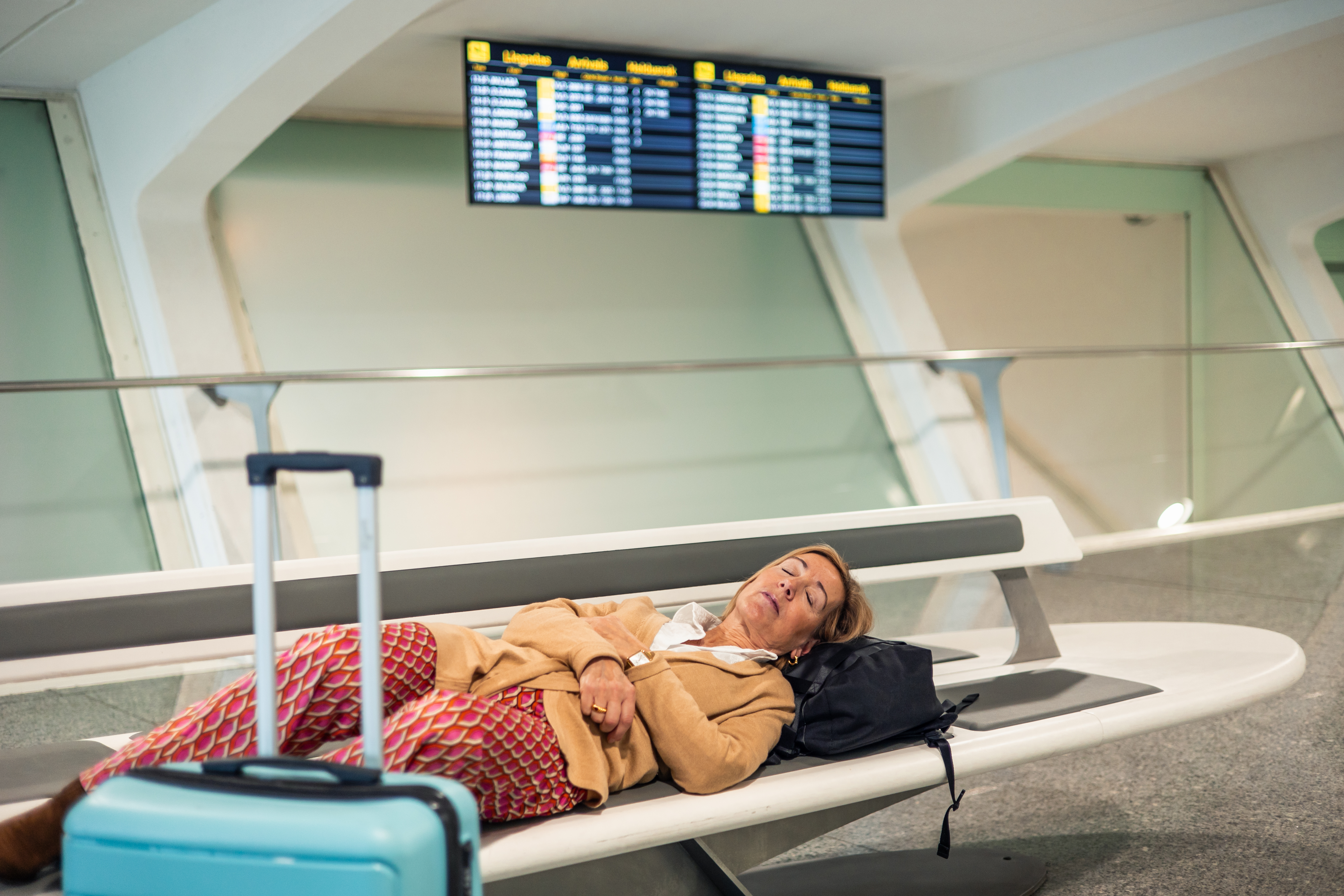
Crossing time zones can disrupt your body's natural rhythm, leading to jet lag and fatigue. To minimize the effects of jet lag, begin adjusting your sleep schedule a few days before your trip, gradually shifting your bedtime to align with your destination's time zone. During your flight, stay hydrated and avoid caffeine and alcohol, which can exacerbate dehydration and disrupt sleep. Once you arrive, spend time outdoors and expose yourself to natural light to help reset your internal clock. Consider taking short naps if needed, but avoid sleeping for extended periods during the day. By proactively managing time zones and jet lag, you can arrive at your destination feeling refreshed and ready to explore.
11. Planning for the Unexpected
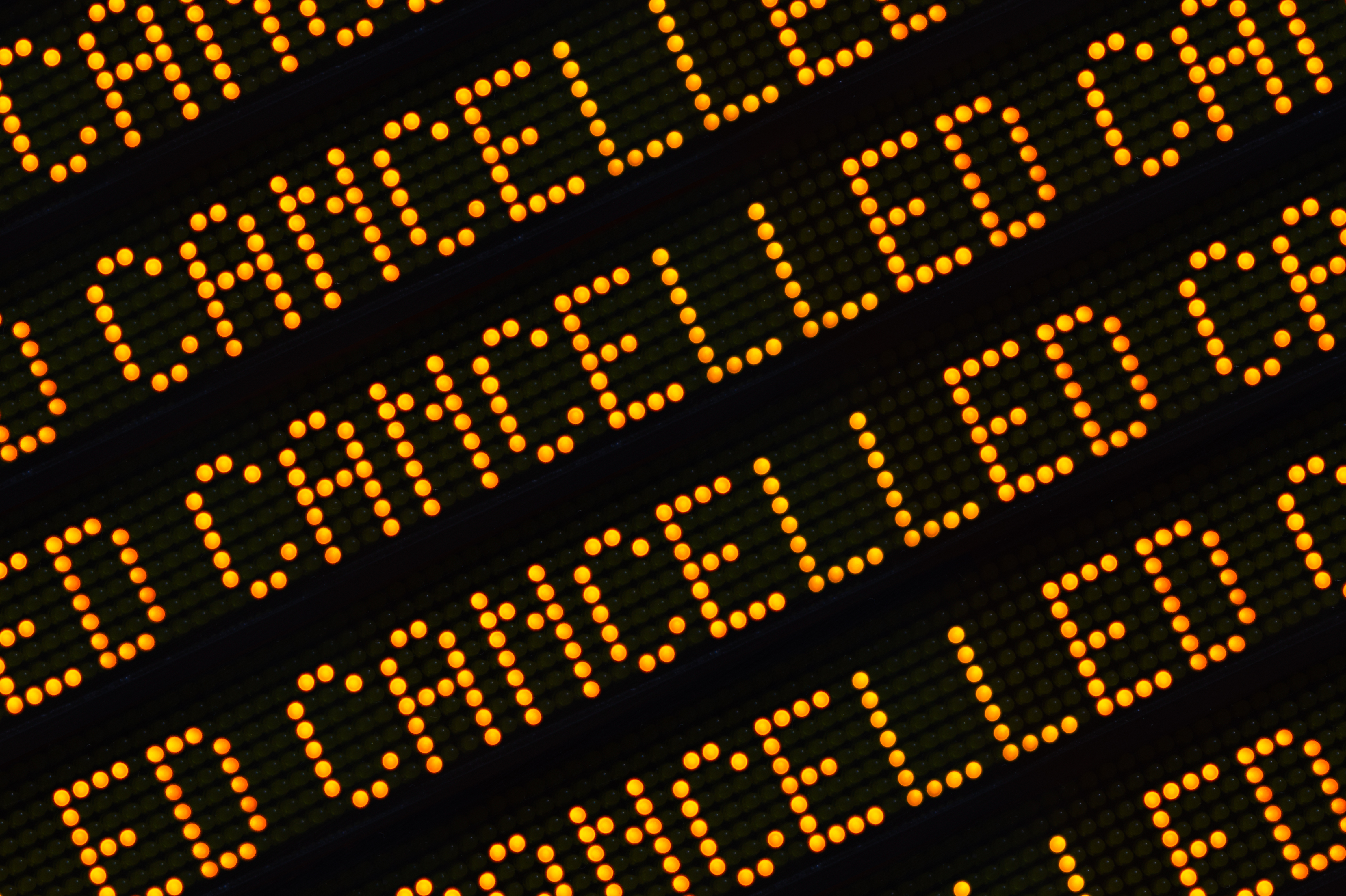
Travel is inherently unpredictable, making it essential to plan for the unexpected. Consider purchasing travel insurance to protect against unforeseen circumstances such as flight cancellations, medical emergencies, and lost luggage. Familiarize yourself with your insurance policy and keep important contact information on hand in case of an emergency. Have a backup plan in place for your itinerary, allowing for flexibility in case of delays or changes. Research alternative transportation options and accommodations in case your original plans fall through. By planning for the unexpected, you can navigate any challenges with ease and confidence.
12. Connecting with Your Destination
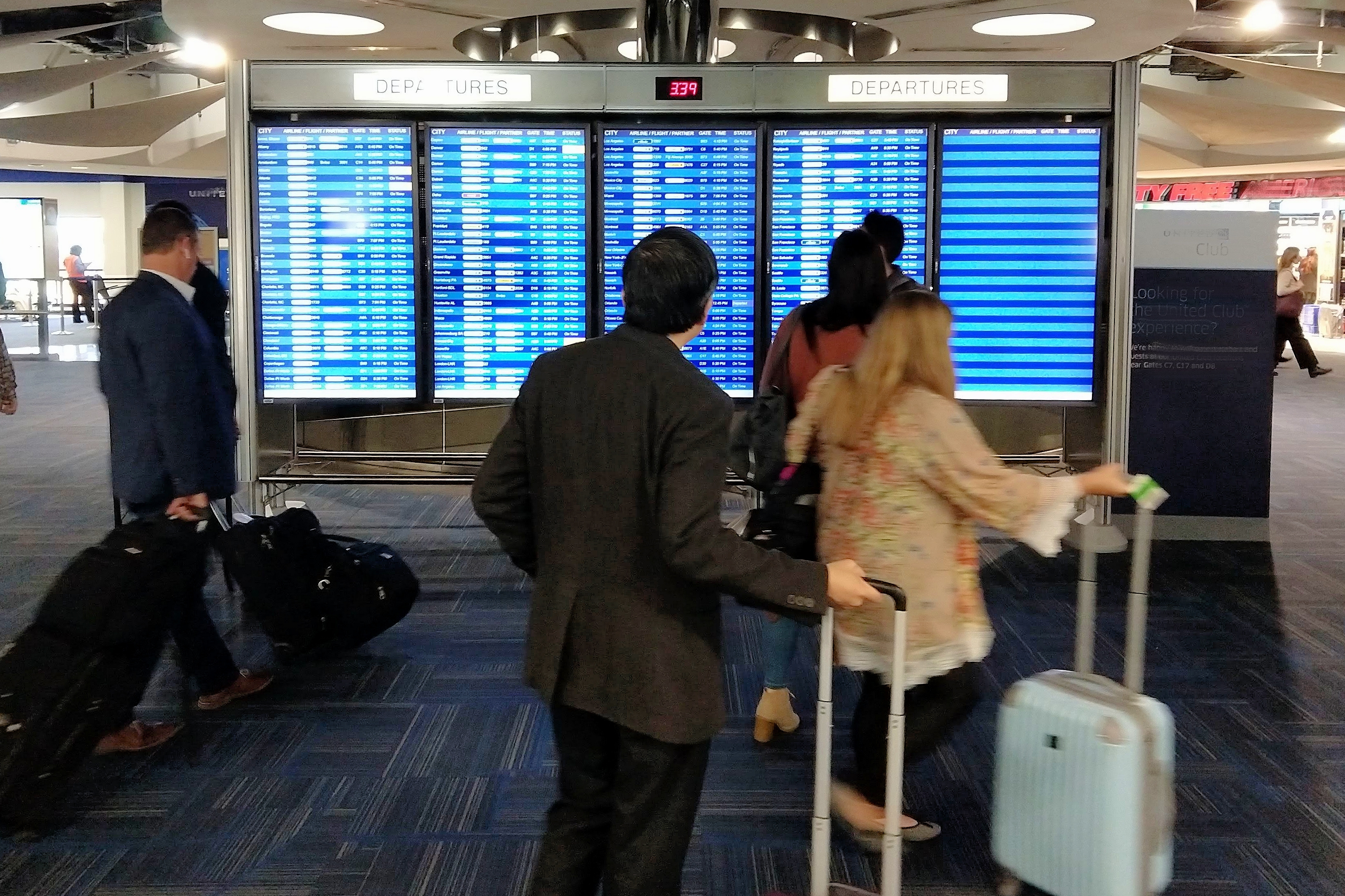
One of the most rewarding aspects of travel is the opportunity to connect with new cultures and communities. Before your trip, take the time to learn about the customs, traditions, and language of your destination. This knowledge can enhance your experience and help you engage more meaningfully with the locals. Consider booking guided tours or cultural experiences to gain deeper insights into the region's history and heritage. Embrace the local cuisine by trying traditional dishes and visiting local markets. Engaging with the community and supporting local businesses can enrich your travel experience and create lasting memories. By connecting with your destination, you can gain a greater appreciation for the world around you and the people you encounter.
13. Double-Check Currency and Payment Options

Before heading to the airport, make sure you’re financially flight-ready. Confirm that your destination accepts your credit or debit card brand, and notify your bank of your travel dates to avoid blocked transactions. While digital payments are widespread, it’s smart to carry some local currency—especially for taxis, tips, or smaller vendors. Avoid airport currency kiosks with poor exchange rates by ordering foreign currency through your bank ahead of time or using a reliable ATM at your destination. Also, check if your card charges international fees and consider a travel-specific credit card to save money. Financial readiness = fewer surprises.
14. Review Entry and Exit Requirements One More Time

Border rules can change overnight. Before you leave for the airport, double-check your destination’s entry and exit requirements—even if you’ve researched them already. Some countries require arrival forms, proof of accommodation, return tickets, or customs declarations. Others may have specific rules about prescription medications, duty-free limits, or digital vaccine passes. A last-minute review can save you from surprises at immigration or customs and speed up processing time. Keep all required documents (digital and printed) easily accessible. A quick re-check could be the difference between breezing through security or being turned around at the gate.
15. Charge Everything—and Bring a Backup Battery

The airport is no place to run out of battery—especially if your boarding pass, itinerary, and eSIM are all on your phone. Fully charge all devices the night before, and pack a portable power bank in your carry-on for backup. Don’t forget to bring the right cables and, if you're flying internationally, a universal power adapter. Many airport charging stations are either crowded, slow, or awkwardly placed, so your own setup ensures you won’t be tethered to a wall or fighting over outlets. Think of it as digital fuel—you’ll need it long before you hit the runway.
16. Eat Before You Go (Smartly)

Airport food is notoriously expensive and often less-than-nourishing. Eating a balanced meal before heading to the airport can save money, improve digestion, and help you avoid greasy snacks that sit heavily mid-flight. Choose a protein-rich, moderate-carb meal to keep energy stable without spiking your blood sugar. Avoid salty foods that may lead to dehydration, and if you’re prone to motion sickness, stick to something light and bland. If you’re flying long-haul, pack healthy snacks—trail mix, fruit, or a sandwich—that beat overpriced terminal fare. You’ll feel better and make smarter decisions when hunger isn’t driving the plane.
17. Set Up Travel Notifications and Offline Access

Internet isn’t guaranteed once you’re in the air—or even on the ground at your destination. Download offline maps, boarding passes, and your itinerary before leaving home. Set up real-time flight alerts via your airline’s app or third-party travel platforms to stay informed about delays, gate changes, or cancellations. If you're using rideshare apps or navigation tools, pre-load your hotel address and relevant directions in case you land without Wi-Fi or data access. Bonus tip: screenshot your reservation confirmations and save them to a dedicated travel folder. When connectivity fails, offline planning keeps you flying smooth.
Your Smoothest Flight Starts Before the Gate

Air travel doesn’t have to be stressful—it just needs to be intentional. From double-checking documents to powering up your devices and fueling your body with the right meal, the smartest travelers know that success in the sky begins on the ground. Whether you’re headed on a quick getaway or a long-haul adventure, these 17 Things You Should Always Do Before Boarding Your Flight are more than just prep—they’re power moves. They help you avoid delays, stay comfortable, and focus on what really matters: the journey ahead. Because when you walk onto that plane calm, organized, and ready, everything feels easier—from takeoff to touchdown. So the next time you're packing your bags or queuing for security, remember: the difference between chaos and confidence is just a checklist away. Travel well, fly smart, and take off knowing you’ve already done half the work to make it great.








